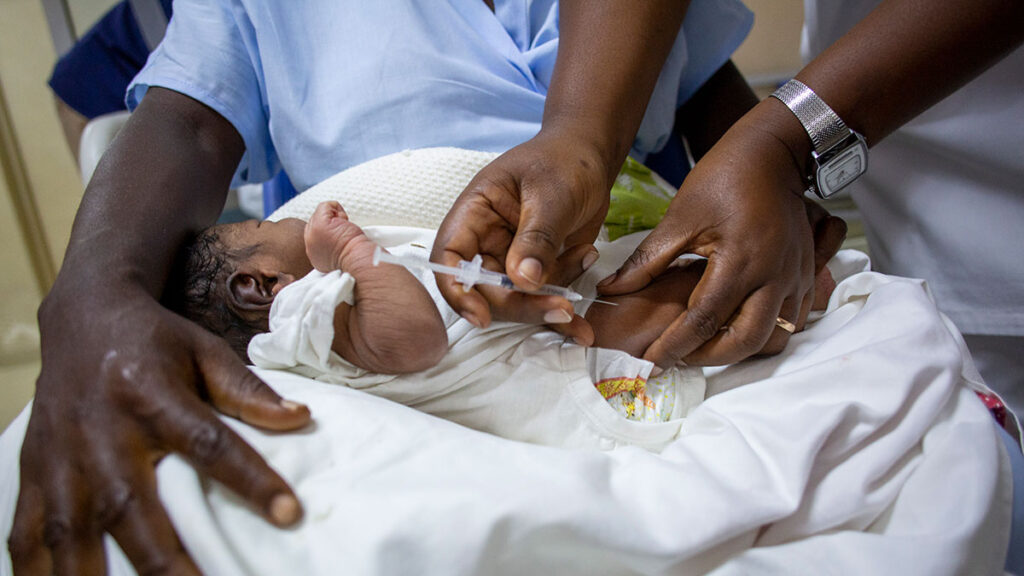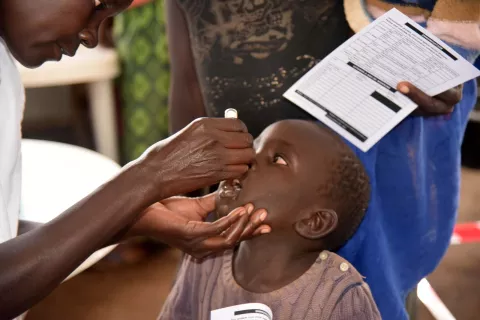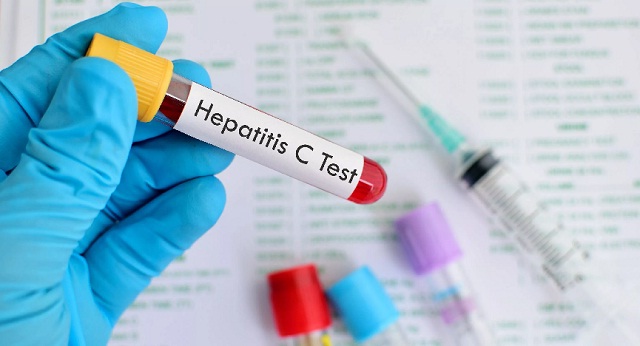Uganda will launch a nationwide campaign in August to vaccinate newborns against Hepatitis B, using 200,000 doses donated by Gavi, the Vaccine Alliance. Health officials say introducing a universal birth dose is a critical step toward closing immunity gaps and slowing transmission of a virus that still causes substantial illness and death in the country.
Rose Akuno, Hepatitis program coordinator at the Ministry of Health, urged families to ensure every baby receives the first injection within 24 hours of birth whether the delivery takes place in a health facility or at home. Infection acquired at birth or in early infancy carries a high likelihood of progressing to lifelong, chronic Hepatitis B. Parents are being encouraged to plan ahead: confirm the nearest vaccination point, arrange transport around the expected due date, and notify community health workers so no newborn misses the narrow protection window.

Ministry data show an estimated 2.7 million adults and 230,000 children in Uganda are living with Hepatitis B, roughly 6 percent of the population. In 2022, the disease was linked to about 1,250 deaths. Chronic Hepatitis B can silently damage the liver for years, eventually leading to cirrhosis, liver failure, or liver cancer outcomes that are costly for families and the health system alike.
Funding remains tight. Only about three million U.S. dollars is currently allocated for national Hepatitis B activities, constraining testing, treatment, and public education in high‑burden districts. The 200,000‑dose donation is therefore timely. Shipments are expected to arrive in late July or early August, and officials are racing to expand cold‑chain capacity, train vaccinators, and stage supplies so immunization can begin as soon as the vaccines land.

Hepatitis B spreads through contact with infected blood and certain body fluids, including exposure during childbirth, unsafe injections, and unsterilized medical or cosmetic procedures. Long‑term control calls for more than a birth dose: completing the full infant vaccine series, providing catch‑up vaccination for unprotected older children and adults, enforcing infection‑prevention standards in health facilities, screening blood, and linking infected people to care. The upcoming newborn campaign offers a galvanizing moment to renew public awareness: protecting babies today helps secure healthier families and communities tomorrow.
Health workers say outreach to traditional birth attendants will be central, since many rural deliveries occur outside formal facilities. Community dialogues, radio spots, and mobile teams are planned to track births in real time and deliver the vaccine promptly. Families should keep health cards to record shots.

